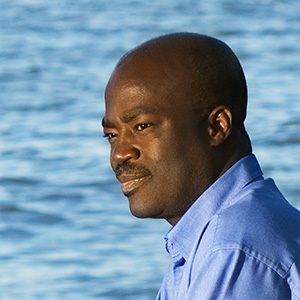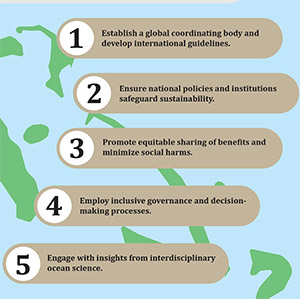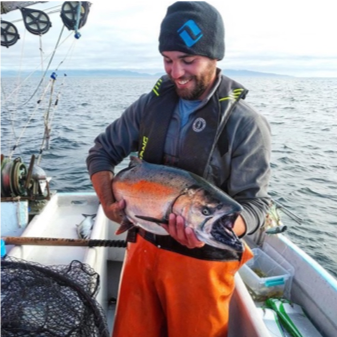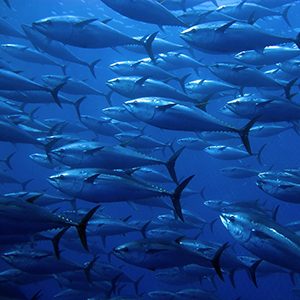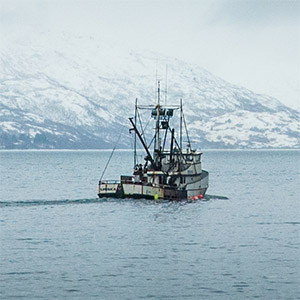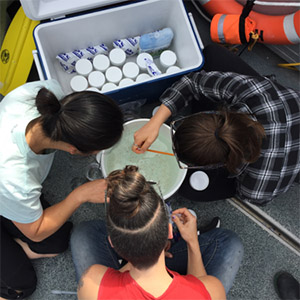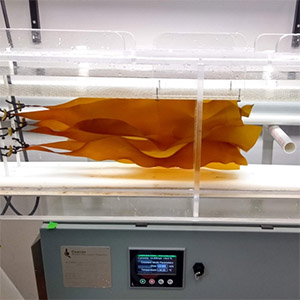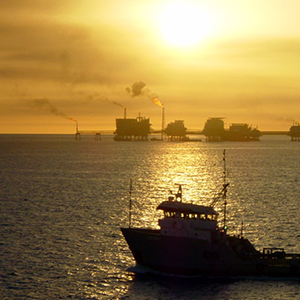Co-creating a shared vision for Canada’s oceans
Dr. Rashid Sumaila recognized the need to understand and address the threats facing Canada’s Arctic, Atlantic and Pacific oceans and coastal regions and to develop a shared vision for their future
Achieving a safe and just future for the ocean economy
With economic potential of the oceans expected to double to US$3 trillion by 2030, growth should be effectively managed so that it is sustainable and equitable.
Studying the Spring salmon to help protect BC ecosystems
Chinook, also known as Spring salmon, stocks in have been in decline, which has implications for entire BC marine food web
Colette Wabnitz is co-Guest Editor of Marine Policy Special Issue on Ocean Finance
She, with Robert Blasiak (Stockholm Resilience Centre), are guest editors of the issue, and also wrote about how funding for ocean conservation and sustainable fisheries is rapidly changing and evolving beyond official traditional assistance (ODA) and philanthropy.
How sustainable is tuna? New global catch database exposes dangerous fishing trends
Are our current tuna fishing habits sustainable? Probably not, according to a new global database of tuna catches developed by Sea Around Us
UBC experts share views on global action on climate change
IOF-related experts recommend the one policy action they would use to address the climate crisis
Rapidly changing Arctic fisheries potential requires comprehensive management
Unmitigated climate change could net fisheries in the Arctic 37 times more fish than current annual catch amounts by the end of the century
HCI Marine Food Webs – Summer sampling trip to Quadra Island
Hakai Coastal Initiative Marine Food Webs Working Group (FWWG) undertook a 10-day sampling trip which looked at day/night behaviour of bacteria, protists, zooplankton, and parasites in the Strait of Georgia.
How climate-controlled growth flumes could help us explore unanswered questions about kelp and climate change
New equipment creates environmental conditions that mimic the projected future state of our oceans, allowing them play out “what if” scenarios for situations like climate change.
New technology allows fleets to double fishing capacity — and deplete fish stocks faster
Mechanisms such as GPS, fishfinders, echo-sounders or acoustic cameras, has led to an average 2% yearly increase in boats’ capacity to capture fish
